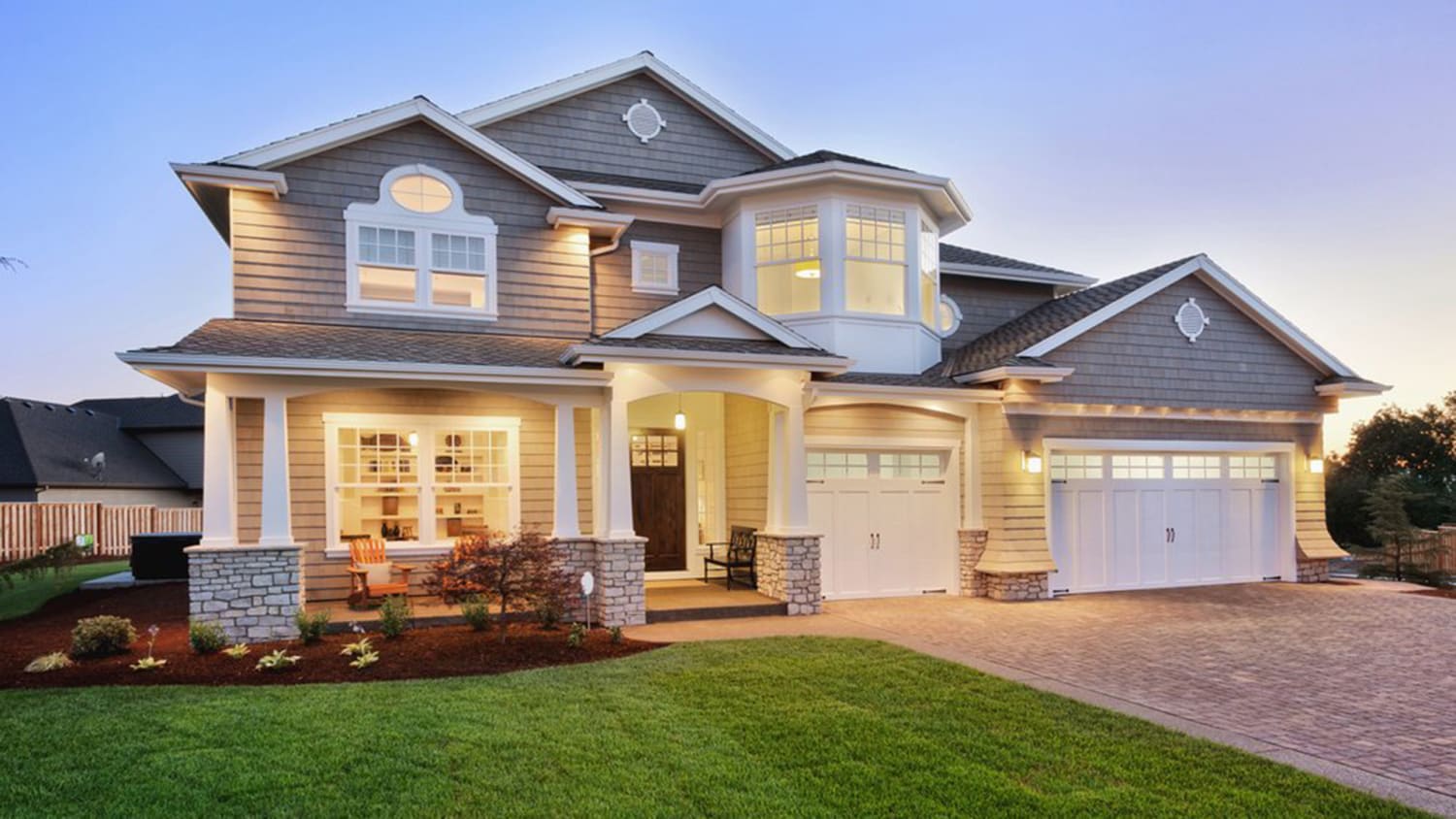The Bahá’í teachings present a unique framework for enhancing the quality of life within the home and marriage. In a world often beleaguered by discord and disunity, these teachings establish a blueprint for nurturing relationships rooted in love, respect, and mutual understanding. This discourse aims to elucidate how the adoption of Bahá’í principles can serve as an innovative approach to home and marriage improvement, promising to instigate not just shifts in behavior but profound transformations in perspective as well.
At the core of Bahá’í philosophy lies the notion of the oneness of humanity. As individuals cultivate an understanding of their shared humanity, relationships invariably flourish. The Bahá’í teachings emphasize that the family unit is not merely a social construct; rather, it embodies a microcosm of society, where love and harmony can be nurtured. Consequently, the familial environment must be deliberately cultivated to reflect these values, creating not only sanctuaries but bastions of spiritual strength.
The concept of the home in Bahá’í thought transcends its physicality. It becomes a sacred space where virtues such as kindness, forgiveness, and support are practiced. Families are encouraged to engage in spiritual activities, such as prayer and consultation. These activities not only fortify familial bonds but also instill a sense of purpose and collective identity. This approach radically redefines home improvements by prioritizing emotional and spiritual dimensions over mere aesthetic enhancements.
Moreover, Bahá’í teachings underscore the significance of consultation in resolving conflicts and making decisions within the family structure. This process is predicated on equality and collective teamwork. Each member’s voice is not just welcomed, but deemed essential. By utilizing consultation as a tool for communication, families can avert common misunderstandings that stem from assumptions or misinterpretations. This could lead to a decrease in familial strife and an increase in collective satisfaction, engendering an atmosphere of receptivity and cooperation.
The Bahá’í Faith also provides profound insights into the institution of marriage. Couples are encouraged to view their union as a partnership, marked by a commitment to the growth and development of each party within the relationship. Love and unity are the cornerstones of this endeavor, but the teachings advocate for a balanced orientation towards both personal and shared aspirations. This necessitates a shift from traditional perspectives that often prioritize social conventions or material achievements to a more holistic view that recognizes the value of spiritual enhancement and individual strengths.
In this partnership model, the emphasis is placed on the idea that a successful marriage is not merely the result of compatibility but rather the outcome of continuous effort, respect, and adaptability. This paradigm encourages couples to embrace the reality of inevitable differences and embrace them as opportunities for growth rather than sources of division. Viewing challenges through this lens cultivates resilience, which is vital in navigating the vicissitudes of married life.
Furthermore, the Bahá’í teachings highlight the significance of education and personal development as instrumental in marriage improvement. An educated partner is better equipped to contribute meaningfully to the relationship. Thus, both parties are encouraged to pursue knowledge across various disciplines, including arts and sciences, thereby fostering a dimension of intellectual companionship that can invigorate marital discussions and mutual respect.
Another salient teaching is the principle of equality between spouses. This is paramount in establishing a resilient marital foundation. The Bahá’í framework articulates that the roles of men and women are complementary, rather than hierarchical. Such an egalitarian stance not only cultivates respect but also engenders a sense of empowerment among both partners. It urges individuals to recognize the capacity of each spouse to illuminate the path to a harmonious union, thereby enriching their mutual journey.
In evaluating home and marriage improvement through the lens of Bahá’í principles, it becomes apparent that these teachings offer a robust toolkit that promises to transform everyday interactions. The practices of consultation, equality, and collective growth engender an atmosphere conducive to healing and strengthening interpersonal bonds. By incorporating these practices, individuals may not only cultivate a more peaceful domestic environment but also contribute to a wider movement toward global unity and reconciliation.
It is essential to acknowledge that adopting Bahá’í teachings in the context of home and marriage may not yield immediate, quantifiable results. Transformation is an intricate tapestry woven over time, demanding patience, introspection, and consistent application of principles. Yet, the richness of these teachings provides a fertile ground for those willing to embark on this transformative journey. The promises articulated within Bahá’í philosophy speak to a profound shift in perspective—an invitation for individuals to reevaluate their approach to relationships, redefine success, and foster a legacy of unity and love for generations to come.
In conclusion, engaging with Bahá’í teachings regarding home and marriage improvement holds the potential to instigate a monumental shift in both individual and familial dynamics. By centering on principles of unity, consultation, and equality, relationships can evolve into thriving gardens of compassion and support. Thus, adherence to these teachings is not merely an enhancement of the home and marriage; it represents a vital contribution to the establishment of a more peaceful and united world.
